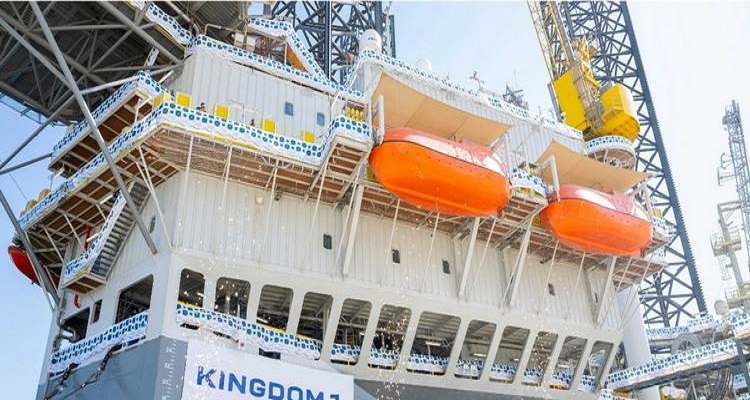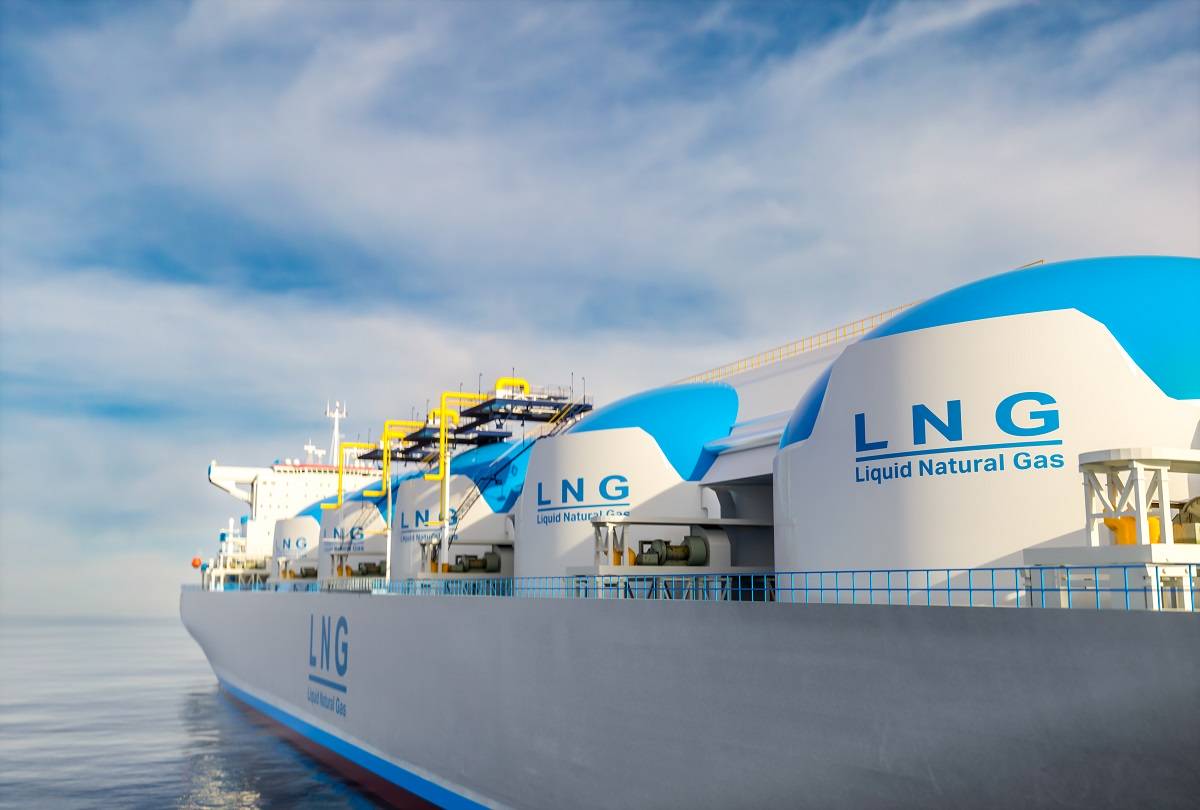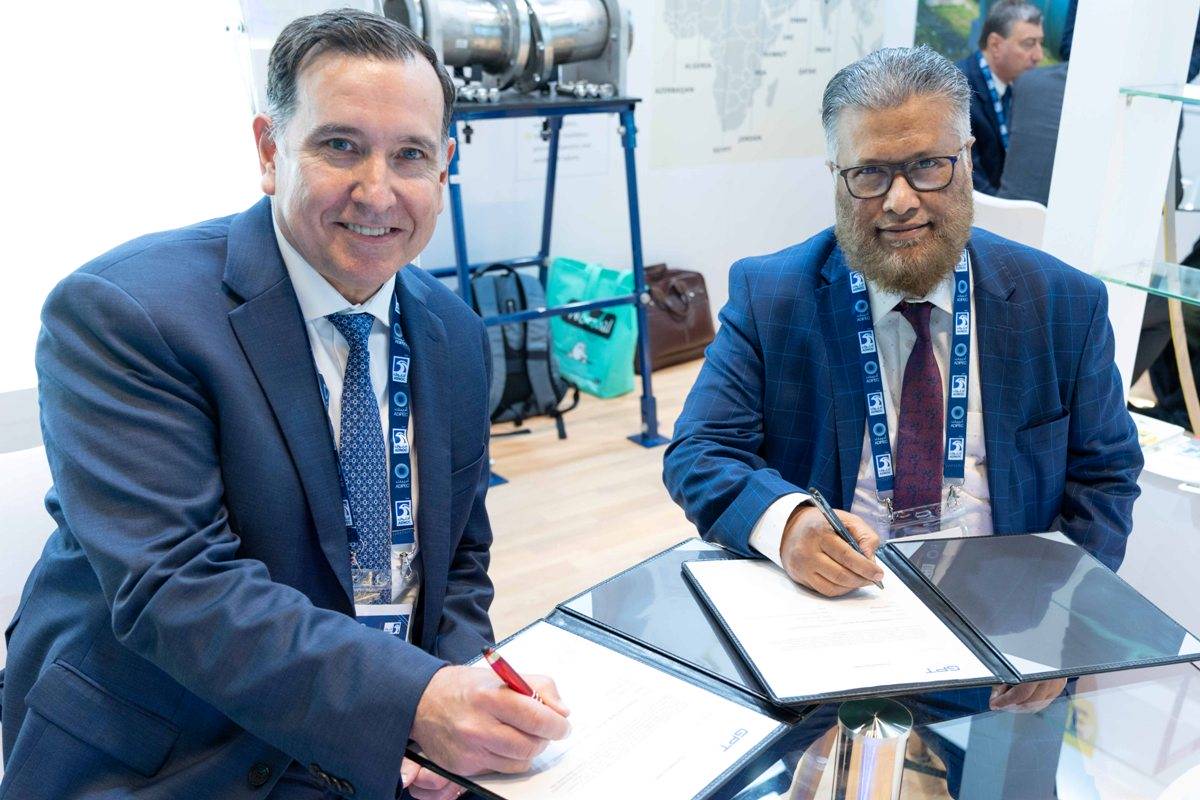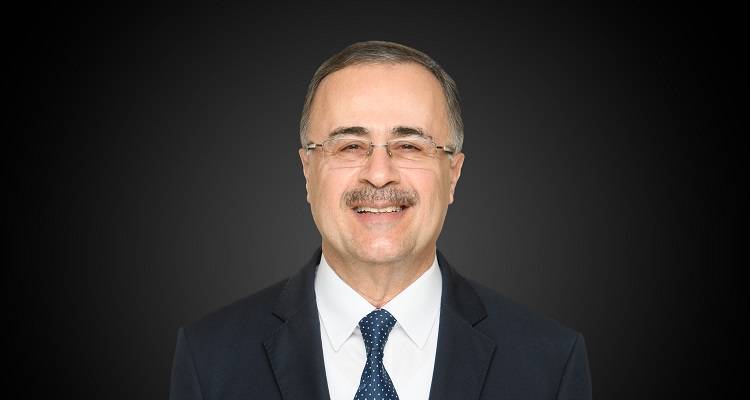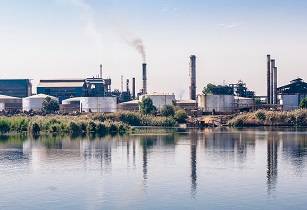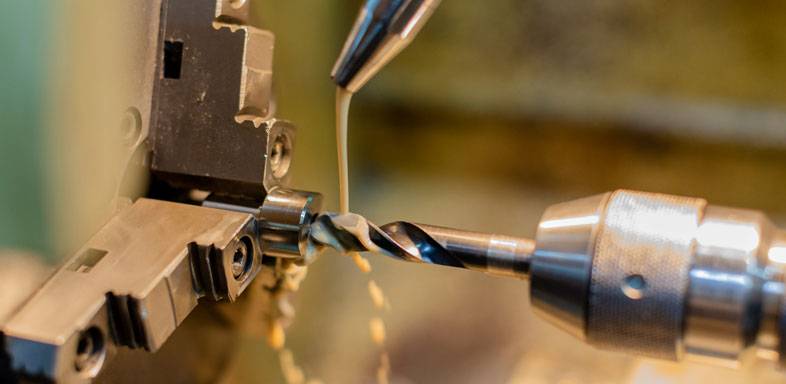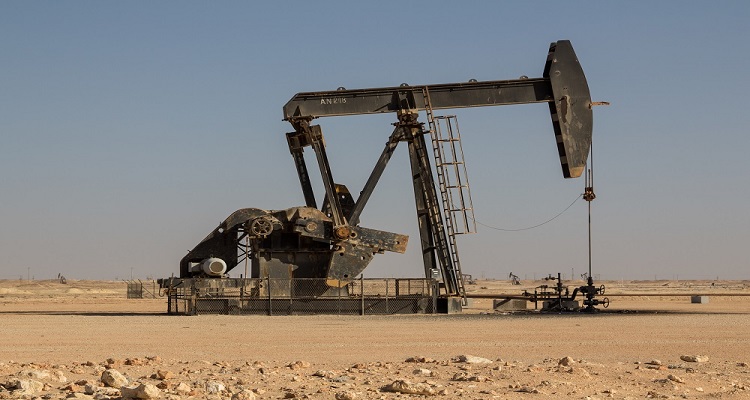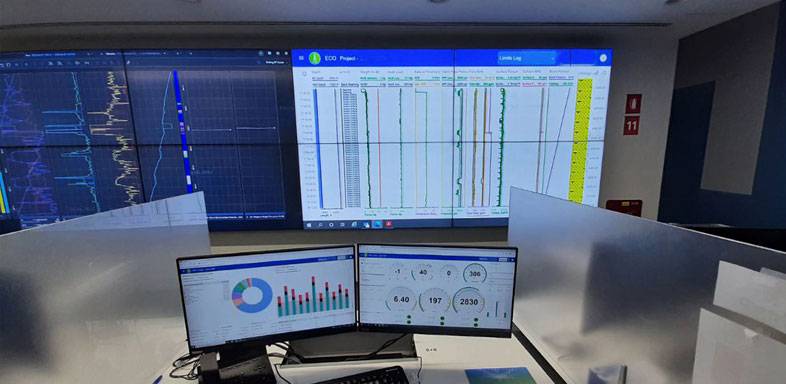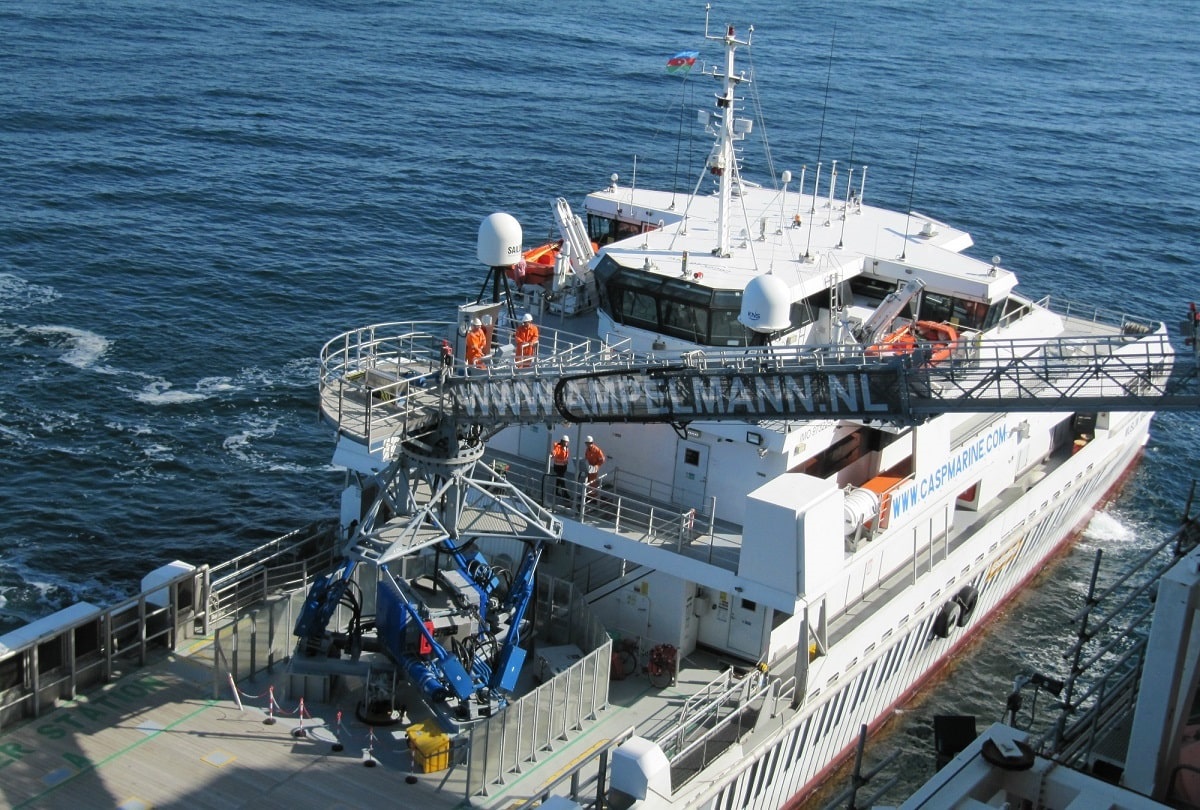Oman plans to boost capacity at its Sohar refinery by up to 50 per cent by 2016 to satisfy its own rapidly rising fuel demand, the chief executive of Oman Oil Refineries and Petroleum Industries Company (Orpic) said.
Soaring demand
Oman could spend up to US$1.5 billion on the project needed to quench the thirst for vehicle fuel, part of a wider trend of Middle Eastern oil producing countries becoming significant consumers.
"The expansion project is designed primarily to meet the growing fuel demand of Oman," Orpic chief executive officer Musab Al Mahruqi said.
Oman's oil consumption has more than doubled over the last decade, thanks to energy-intensive industry growth and an expanding vehicle fleet which has driven substantial growth for fuel over the last five years.
But vehicle ownership in the non-Opec oil producer remains 55-60 per cent below other countries in the region, leaving plenty of room for rapid growth over the next few years, Al Mahruqi said.
"The indicator of potential demand growth for fuels... supports the expected growth of approximately 10 per cent year-on-year growth," he said.
Fuel demand has been soaring in the Middle East over the last few years, thanks to a petro-dollar fuelled economic boom and fuel subsidies, which have driven a spate of refinery expansions and new plant investments from Saudi Arabia to Bahrain.
Oman's Sohar refinery, operational since 2006, currently produces up to 116,000 barrels per day (bpd) of fuel while Mina Al Fahal produces some 106,000 bpd. "We estimate an increase of 50,000 bpd to 60,000 bpd in Sohar refinery capacity," he said.
"The target completion date is end-2015, early 2016."
Tender
State-owned Orpic is conducting the front-end engineering design (FEED) work and plans to tender for the engineering, procurement and construction (EPC) phase in 2012.
"We are doing the pre-qualification for EPC contractors and we hope to tender some time in the first half of next year," Al Mahruqi said.










